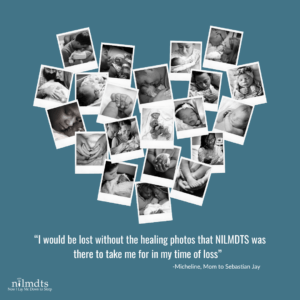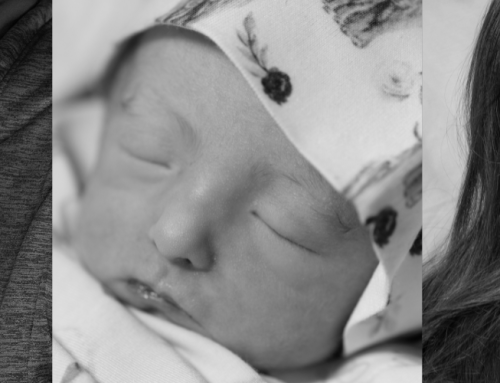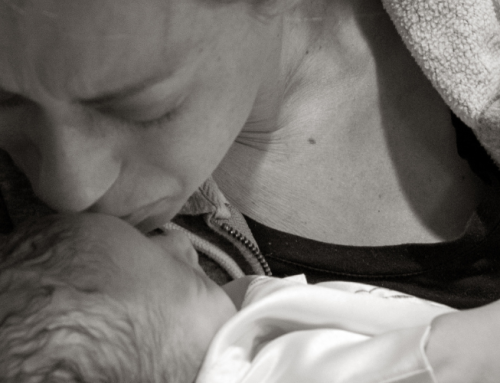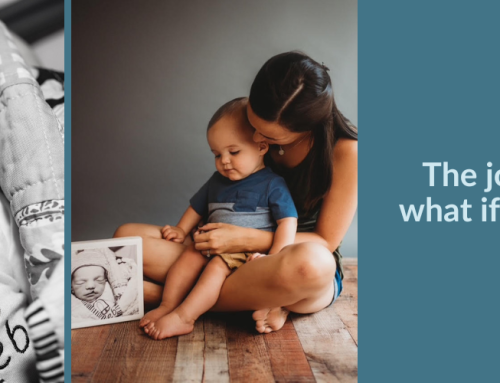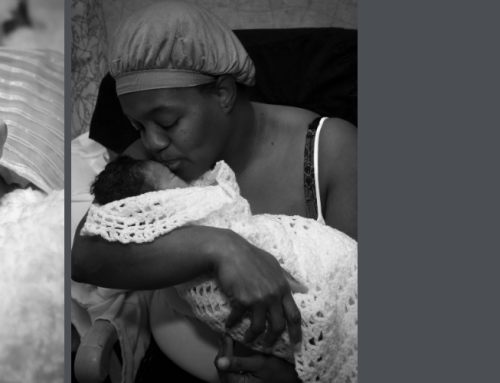Infertility is a string of concessions. The first comes after a few months of unsuccessfully trying to conceive. You realize there’s more planning involved than you ever imagined. You purchase ovulation tests and a thermometer. You download an app and track your results. You note when your period starts when it ends and what your cervical mucus looks like. Then a thought comes to you, and you have to come to terms with it. You think, “I’ll never spontaneously conceive a child.”
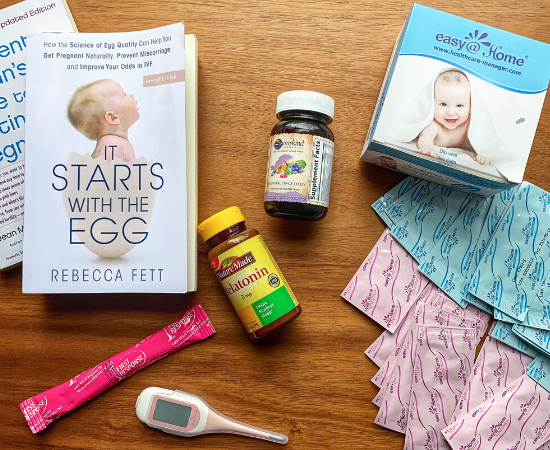
Just a few beginner basics
(photograph courtesy of the Micaela family)
After several more unsuccessful months, you seek medical assistance. You undergo a series of tests. Sometimes, the tests result in a diagnosis. In my case, my diagnosis was blocked fallopian tubes. After carrying around this knowledge for several days, I had a realization: “I’ll never become pregnant naturally. I’ll only become pregnant with the help of medical science.” I quickly grieved this loss and stored it away. Letting it pester me would not prove helpful. The thought returns from time to time, and I’ll mourn it for a moment before burying it away again. As the infertility journey continues, more concessions are made, one after another.
“I’ll never become pregnant with my own eggs.”
“I’ll never become pregnant with my partner’s sperm.”
“I’ll never be able to carry a child.”
“I’ll never have a child biologically related to me or my partner.”
The last concession, perhaps the most painful, is reconciling the fact that you will never have a child. Adoption is not always a feasible option. Sometimes, people come to a point when they realize they will never become parents. To date, I have only had to make the first two concessions mentioned in this piece. It’s not as much as what some have been through, but it is still a loss.
When my husband and I started trying to conceive, we were certain it would happen within months. When it didn’t, we had to open ourselves to the possibility of something being wrong. After a hysterosalpingography, I learned there was an error in my body that prevented me from becoming pregnant. This is the moment when many feel ashamed that their bodies can’t fulfill their biological purpose. I try very hard not to let myself feel this way, but at times, it’s inevitable. When you’ve never been pregnant, it’s easy to believe it may be impossible.
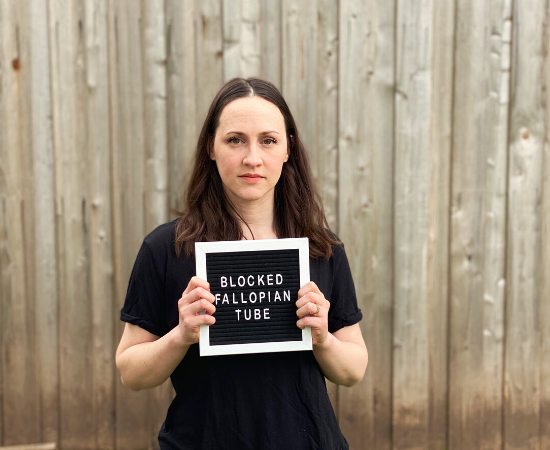
We are not our diagnosis
(photograph courtesy of the Micaela family)
I am fortunate to have never experienced a miscarriage. I can only imagine that the grief of losing a child is one of the worst forms of grief in existence. Yet so many people in my life have had to endure this unimaginable loss. Every one of them has appeared to move on, but I know that the grief will never leave them. I know that it resurfaces at intermittent and unexpected times.
What I am experiencing, while not a fraction as awful, is still loss. I’ve had to surrender the idea of conceiving naturally. My husband and I will welcome medical equipment, drugs, needles, doctors, and test results into our journey to parenthood. It’s not the end of the world, but we had to give up an element of intimacy. That’s a form of loss. I have to prepare myself for more loss in the journey to come. There’s loss in the anticipation of failure. There’s loss in unpreventable doubt.
“What if I never become a mother?”
“What if it never happens for me?”
“What if it’s too late for me?”
“What if I finally become pregnant and then miscarry?”
As the world copes with uncertain times during the Coronavirus pandemic, many people scheduled for fertility treatments have had their appointments canceled. My clinic announced that they would be delaying the start dates of new treatments. After two years of unsuccessfully trying to conceive and waiting to start In Vitro Fertilization (IVF), it has become clear to me that my timeline will likely be pushed back.
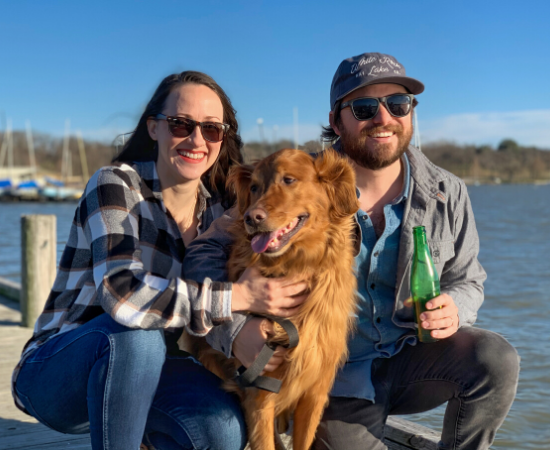
An aspiring family of four
(photograph courtesy of the Micaela family)
When undergoing IVF, time is more precious than ever. Each month that passes feels like a tremendous loss, especially as our bodies age and our success rates decline. So now, my husband and I will grieve more time lost and grapple with the uncertainty of when we’ll be able to start treatments. We will grieve, along with the rest of the world, the loss of control over our own lives.
The infertility community is no stranger to loss. It mounts. It compounds. It never truly gets easier. Those of us experiencing infertility should remember that it’s okay to mourn our losses. We may feel at times as though our loss is not as great as someone else’s, but it’s still valid. We need to let ourselves fully feel our grief before doing the work to move forward. If we don’t, the journey ahead will only get harder. Our load will only become heavier. Kindness to ourselves is
crucial in building the strength needed to face what lies ahead.
Written by Karyna Micaela
About the author: Karyna is a singer, songwriter, musician, and writer. She has been chronicling her journey with infertility in her blog, Flint Creek Family, which also explores her pursuit of artful living in her community of East Dallas, Texas. Her piece, “What It’s Like to Be Infertile During the Coronavirus Pandemic” can be found on Medium.com.


